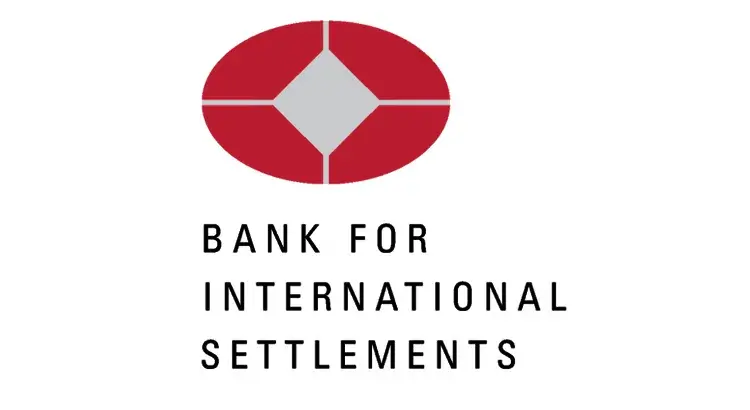BIS calls for tightly controlled CBDC, scolds crypto

The Bank for International Settlements (BIS) calls for a unified, tightly controlled CBDC. It is intended to counterbalance the allegedly failed cryptocurrencies. The crypto world of all things provides the best arguments for a new digital currency.
BIS calls for tightly controlled CBDC
The Bank for International Settlements ( BIS ) recently released a report calling for a tightly controlled CBDC. The international financial organization based in Basel calls its report “a blueprint that could revolutionize the future monetary and financial system.”
According to the BIS, a uniform system should be developed internationally. 194 countries around the world are currently working on independent CBDCs. The International Monetary Fund recently made a similar statement. To ensure international interoperability, the IMF is working on a central CBDC platform.
For the BIS, this idea may not go far enough. She calls for “unified ledgers” instead.
“The benefits of tokenization could be fully realized in a unified ledger, since settlement is final when central bank money is co-located with other claims.” It says in the report.
Some of the benefits sought with the unified ledger could be leveraged by linking existing systems via APIs into a “network of networks”. While such a network of networks would still consist of separate systems and would not offer full cross-system programmability, the worst disadvantages of isolated systems could be mitigated.
In the analysis, the organization relies on already known advantages over previous payment systems. A CBDC is cheaper and faster than traditional systems. In addition, it offers the option of programmability, so that more complex and pertinent cash expenditures would be possible.
Like the IMF, the introduction of a CBDC is seen as a great opportunity to reclaim territory that has been lost to cryptocurrencies in recent years.
However, one can only survive against Bitcoin and Co. if the system is easy to use thanks to a uniform, centralized design. If the plan succeeds, users could be increasingly tied to the state monetary system again.
Already knew? Swiss National Bank (SNB) plans to introduce digital currency on the stock exchange
Bank for International Settlements scolds crypto
The Bank for International Settlements doesn’t miss the chance to scold crypto in the report. Cryptocurrencies are instructive as they give a glimpse of modern technical possibilities, but at the same time they have systemic problems.
Crypto and decentralized finance (DeFi) have provided a glimpse of the promise of tokenization, but crypto is a flawed system that fails to map the future of money.
According to the BIS, cryptocurrencies only play a role in their own ecosystem and do not have sufficient contact with the real world. In addition, there is no central institution, such as a central bank, that can establish user confidence.
The BIS sees its position confirmed by the popularity of stablecoins. The fact that they were able to achieve such great success in the crypto world is an indication that financial organizations are now obliged to follow up with a CBDC.
“The implosion of the crypto universe over the past year shows that there is no substitute for the real thing.” Explains the BIS. Attempts by private banks to counterbalance cryptocurrencies are doomed to failure due to massive fragmentation.
A modern financial system needs a revolution. The BIS recommends a digital central bank currency as a revolutionary element.
A concept for a future monetary system is presented that leverages the potential of tokenization to enhance the old and enable the new. The key elements of the concept are CBDCs, tokenized deposits and other tokenized claims on financial and real assets.




